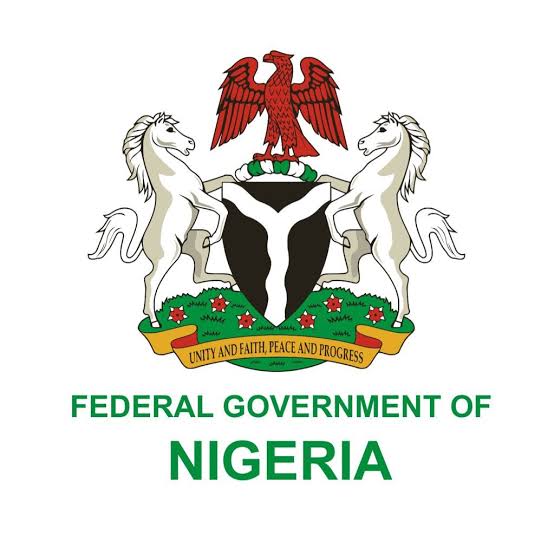The marketers, however, noted that since the local currency started appreciating against the dollar, the subsidy on PMS had been on the decline.
This, according to them, was because the dollar remained the major component that influenced the cost of petrol, as Nigeria imports the commodity through NNPC Ltd.
The Public Relations Officer, IPMAN, Chief Ukadike Chinedu, told our correspondent that petrol prices at the pumps should be around N900/litre.
“I’ve said before that the PMS subsidy had been returned, and the government said it was a lie. I said before that the government is subsidising PMS and it is on till this moment. I said before that what the government was doing was quasi-subsidy and that has not changed,” Ukadike stated.
When asked what would have been the landing cost of petrol at the depots and tank farms if there was no subsidy on the commodity, he replied, “Going by the steady appreciation of the naira against the dollar lately, the amount being spent as subsidy on petrol should be on the decline.
“Since the dollar is currently around N1,000, the PMS landing cost should be around N800/litre, while the cost at the pumps should be nearing N900/litre.”
No subsidy, NNPC insists
But the Chief Corporate Communications Officer, NNPC Ltd, Olufemi Soneye, insisted that the national oil firm had stopped subsidising petrol.
“We are recovering our full costs from the products we import. It is important to emphasise that the subsidy is no longer in place. Contrary to allegations, the petrol subsidy has not been reinstated,” he stated.
Before the recent claims on the return of petrol subsidy by the Federal Government, the Group Chief Executive Officer, NNPC, Mele Kyari, had told State House correspondents after an audience with the President at the Aso Rock Villa a few months ago that fuel subsidy had not been returned.
“No subsidy whatsoever. We are recovering our full cost from the products that we import. We sell to the market, and we understand why the marketers are unable to import. We hope that they do it very quickly and these are some of the interventions the government is making. There is no subsidy,” Kyari stated.
His reaction at the time came after the Petroleum and Natural Gas Senior Staff Association of Nigeria confirmed the return of fuel subsidy.
PENGASSAN’s National President, Festus Osifo, had said the government still subsidised petrol due to the cost of crude oil in the international market and the exchange rate.
“They (the government) are paying subsidies today. In reality, today, there is a subsidy because, as of when the earlier price was determined, the price of crude in the international market was around $80 for a barrel.
“But today, it has moved to about $93/94 per barrel for Brent crude. So, because it has moved, the price (of petroleum) also needs to move. The only reason the price will not move is when you can manage your exchange rate effectively, pump in supply, and bring down the exchange rate.
“So, if the exchange rate comes down today, we will not be paying a subsidy. But with the exchange rate value and the price of crude oil in the international market, we have introduced the subsidy,” Osifo explained.
In his inaugural address after taking the oath of office on May 29, 2023, President Bola Tinubu announced that the Federal Government was closing the curtains on the subsidy era.
“Subsidy can no longer justify its ever-increasing costs in the wake of drying resources. We shall instead re-channel the funds into better investment in public infrastructure, education, health care, and jobs that will materially improve the lives of millions. Petrol subsidy is gone!” Tinubu had declared.
The president’s announcement sparked the increase in fuel prices from N197 to between N480 and N570.
The pump price was subsequently reviewed upward to N617/litre and now sells for between N620 and N700/litre.
